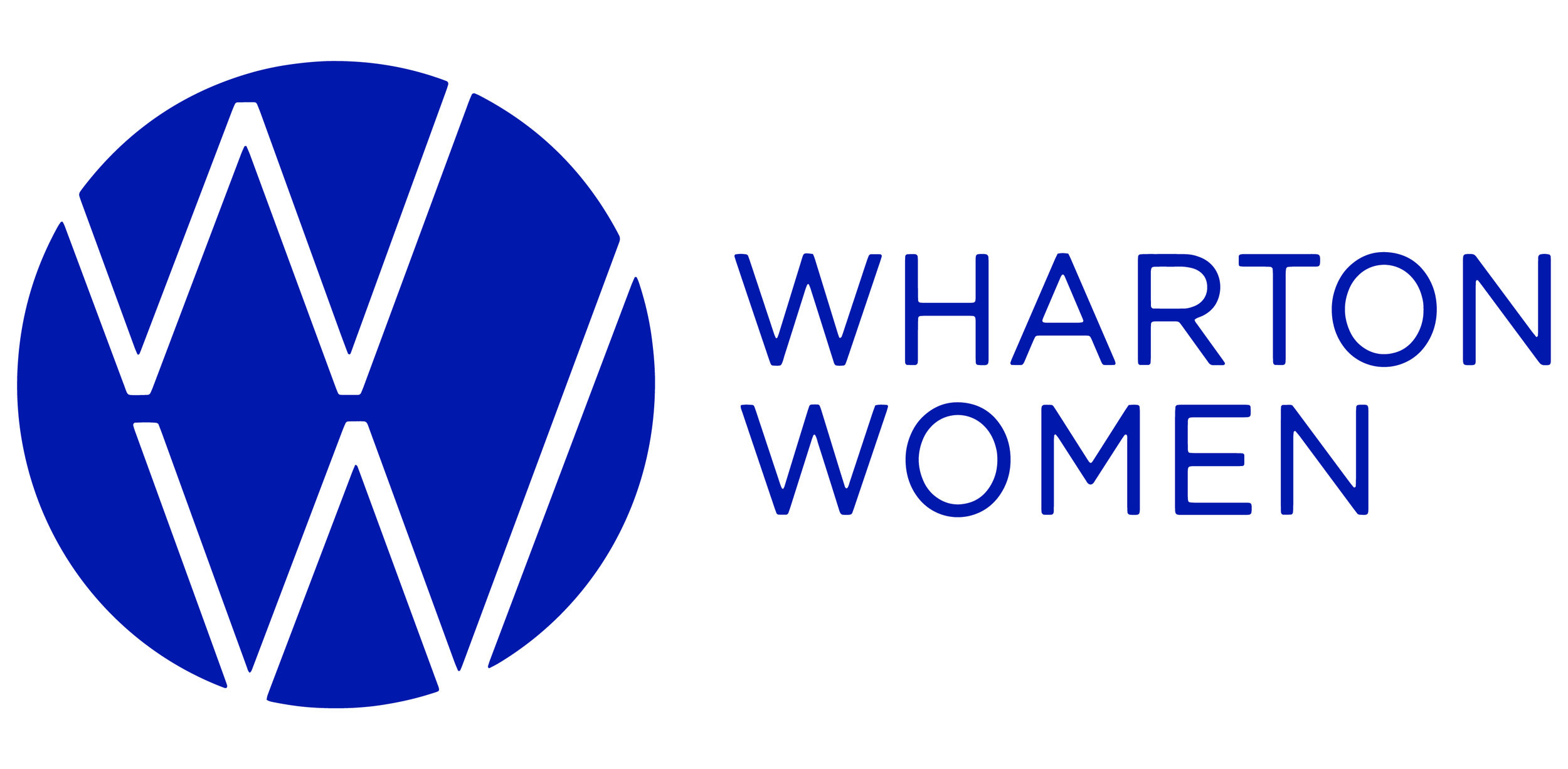Overcoming VC Investment Bias in Women-Led Startups
Written by Riya Anand (C’26); Edited by Anna Moehn (W’26)
When looking to diversify their portfolios, investors tend to look over startups led by women, even when they excel compared to their male-led counterparts.
A study conducted by Columbia University and Harvard Business school found that venture capitalists scrutinize female and male entrepreneurs very differently. Their questions focused around proving their credentials and defending their idea, rather than having the time to discuss topics such as growth, gain, and vision. Due to this critical line of questioning, female entrepreneurs were found to receive less funding.
Another female entrepreneur duo, Kate Dwyer and Penelope Gazin, co-founders of Witchsy, created a male, “third-founder” Keith Mann. They saw that Keith received more responses and found more success securing funding from the VCs than both Kate and Penelope combined, despite all three of them pitching the same company.
In 2021, women were responsible for the creation of 49% of new ventures. Many of these startups, especially those focused on maternal health, menstrual health, fertility, menopause and contraception greatly outperformed their male-led equivalent companies, despite receiving significantly less attention from VCs. Nevertheless, only 2% of total worldwide VC funding went to female-run startups in 2020. Furthermore, out of this already small group, only one of these women to receive early stage VC investment was African-American.
While many have begun to hold VCs accountable and urge them to blind themselves to gender identity while listening to pitches and remove bias from questions, changes to this industry will be gradual. We ask female entrepreneurs to take an active role in the equalization effort today.
Some ways in which female entrepreneurs can overcome structural bias in the VC investment process are by: selecting investors strategically, maintaining strong advocacy skills for oneself, and staying true to values and ethics, even when the process may not be going as planned.
